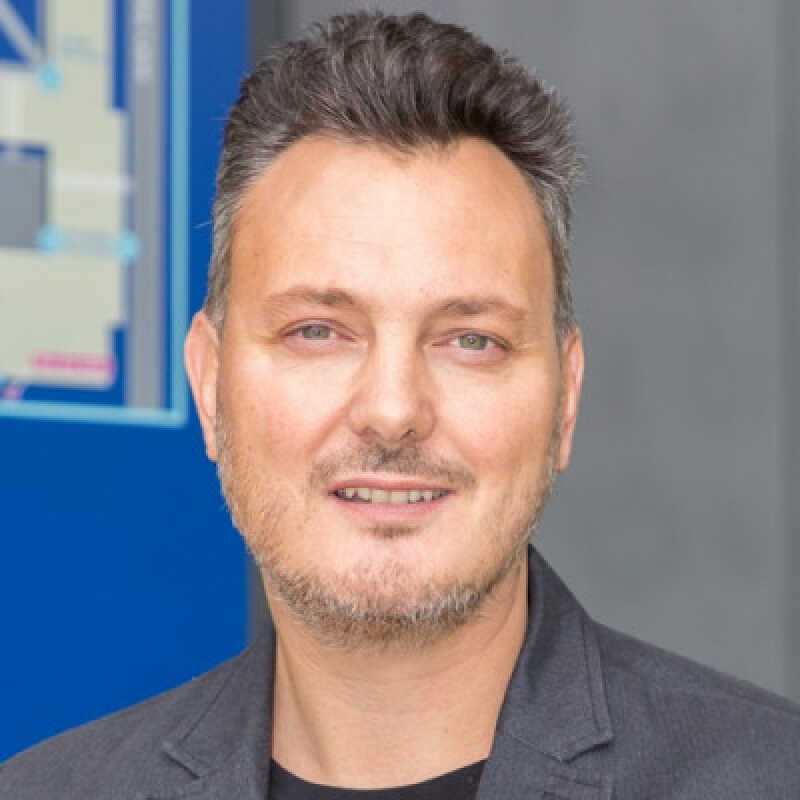- University of Kent
- School of Social Sciences
- People
- Dr David Garbin
Dr David Garbin


Prior to joining the University of Kent in 2012, Dr Garbin taught Sociology and Anthropology at Brunel and Roehampton universities and worked on several international research projects as a research fellow at CRONEM (Centre for Research on Nationalism, Ethnicity and Multiculturalism, University of Surrey).
Dr Garbin’s doctoral work focused on the Bengali Muslim diaspora, exploring the relationship between place, identities and transnational politics, with ethnographic fieldwork in London (Tower Hamlets) and Bangladesh (Sylhet).
Dr Garbin’s research interests include Migration, diaspora and transnationalism, Religion among minorities and diasporas, Religion and the city, Globalisation, urbanisation and development, South Asian diasporas and new African diasporas in Europe and North America, Politics of identity and ethnicity, Space, exclusion and urban processes, Youth and popular culture in urban settings.
Dr Garbin has conducted qualitative and ethnographic research on migrants and diasporic communities in many different spatial and cultural environments, in both sending and receiving contexts.Current projects
‘Pneuma-city’: frictional infrastructure, road ecologies and valorisation of end-of-life tyres (ELTs) in West African mega-cities’ addresses a global environmental challenge that is visibly dominant in African streetscapes: the ubiquity of end-of-life tyres (ELTs). Focusing on Lagos, the fastest growing city in Sub-Saharan Africa, ‘Pneuma-city’ explores the multifaceted impact of used tyres on road ecologies, while examining the urban economies of tyre repair and repurposing. Dr Garbin is the principal investigator of this international project funded by the GCRF (Global Challenges Research Fund) through the British Academy, and which combines Urban Anthropology, Urban Planning and Engineering Sciences and Visual Arts, with the contribution of award-winning photographer Andrew Esiebo.
‘Religious urbanisation and infrastructural lives in African mega-cities’ is a large, international multidisciplinary project, led by the University of Kent, with Dr Garbin as PI, in partnership with the universities of Toronto, York, Kinshasa and Lagos. Its main objective is to explore the links between religion, development and urbanisation in sub-Saharan Africa and to provide recommendations aimed at promoting civic urban culture in context of growing inequalities and widespread informalisation of urban life in cities where religious actors play significant infrastructural roles (also funded by the Global Challenges Research Fund). Dr Garbin has co-edited a book partly drawing upon the project’s findings: Ideologies and Infrastructures of Religious Urbanisation in Africa: Remaking the City (Bloomsbury, 2022).
Drawing upon ethnography of diasporic protests in central London and his long-standing research among Congolese communities in Europe, Dr Garbin is working on the project ‘Right to the city, the quest for centrality and the politics of urban change’ with G. Millington (York) on the politics of urban visibility and centrality, critically engaging with Henri Lefebvre’s ‘right to the city’ as a way of explaining how the urban is not only the site but also, increasingly, a stake in urban protests. Connected to this, and also in collaboration with Dr Millington and colleagues at CNRS in Paris, he is examining the impact of social change on urban stigma, right to the city claims and territorial marginalization in France.
Selected past projects
Dr Garbin has
Dr Garbin teaches a module on migration and belonging at undergraduate level. He also teaches at the School's undergraduate 'Summer School in Urban Ethnography' in Paris
Dr Garbin is interested in supervising students working on themes related to migration, religion, globalisation, development, race and ethnicity, identities, exclusion or multiculturalism.
Loading publications...
Showing of total publications in the Kent Academic Repository. View all publications